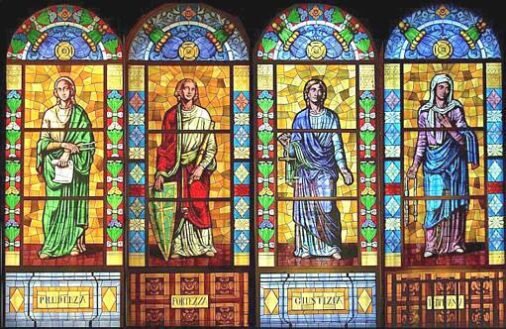It has taken me quite some months to write this post. Partly due to some family commitments, and partly due to personal issues I was having towards the end of last year 2024. I wanted this post to be a good one and do some proper research, not just to write this post for you to read but also for my own learning. So naturally, as I had a meaningful project ahead of me, I, unfortunately, fore came to my ADHD burnout which led to a spell of depression leading up to Christmas. With the help of my wonderful Wife, and family, including the birth of my fifth child, I have reignited my enthusiasm and got back into it. I hope I have done the topic justice and will inspire someone else. So here goes!

When you start to learn sections of the book to present to a candidate, a lot more starts to make sense, and you begin to take in and remember more. As a candidate in all three-degree ceremonies, you can get rather overwhelmed with all of the information that is given to you, and for me, even though I was amazed by everything and paying attention, a lot did not stick in my mind the first time around.
When learning the Charge after Initiation I was reminded of the four cardinal virtues and how they should affect how we live our lives. This inspired me to look deeper into their meanings and how I can use them in shaping my life going forward.
For someone who wants to use Freemasonry to better themselves, the four Cardinal Virtues are a good place to start.
I feel that being a good person means living your life to a good standard, a standard laid down for everyone to achieve, and with these four virtues, cardinal virtues from the Latin word cardo, which means hinge. They are the hinge on which rests the whole of moral life and human happiness.
Living up to them means living in perfect accordance with our rational natures.
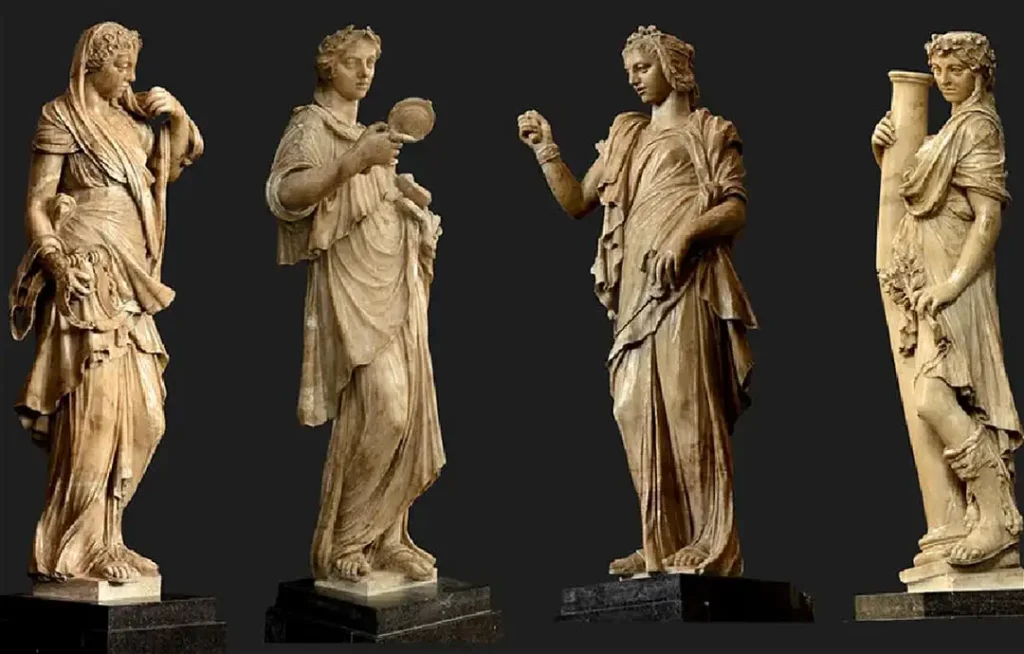
The four cardinal virtues originated in Greek philosophy, with Plato first describing them in The Republic. The virtues are Prudence, Temperance, Fortitude and Justice. The virtues are considered “cardinal” because all other virtues depend on them.
Aristotle further developed the virtues in Nicomachean Ethics. The Stoics also recognized the virtues, thought of as the Stoic roadmap to the good life. If you can live up to them, then you will achieve the ultimate end in life. In the Christian tradition, the virtues are listed in the Book of Wisdom, one of the ‘deuterocanonical’ books of the Bible recognized by the Catholic and Orthodox churches but not by mainstream Protestantism. Thomas Aquinas (1225–1274) Pronounced a saint by Pope John XXII, on the 18th of July 1323, fifty years after Thomas’s death, added three more (hope, faith, and charity) to create the seven heavenly virtues, which stand in opposition to the seven deadly sins. St. Thomas Aquinas ranked prudence as the first cardinal virtue because it is concerned with the intellect.
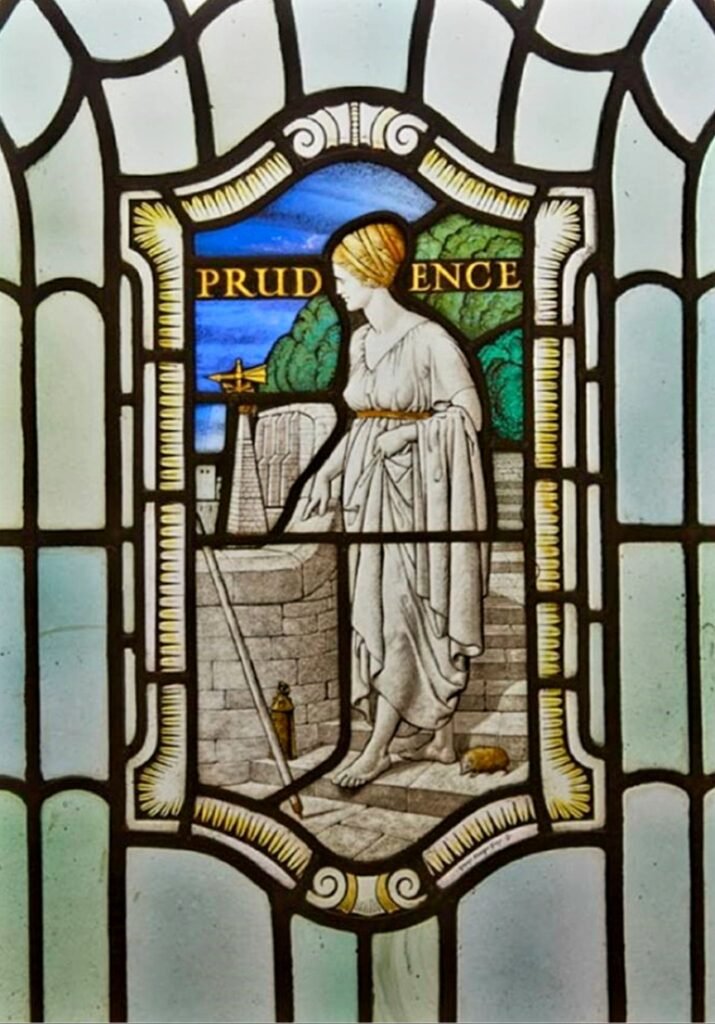
Prudence, considered by some to be the mother of all virtues and practical wisdom, has a way of seeing what is good in the here and now, of identifying the right action among the choices that may confront us.
Allowing Prudence to direct us, helps us recognise and choose right from wrong. To choose the right action in a given situation and the ability to consider the potential consequences of our actions.
It helps us make informed decisions and involves thinking carefully about consequences. Being careful about your choices and not taking unnecessary risks. By being restrained and not saying or doing things you might regret, and being concerned with what is rightful in the present and for the future.
Prudence is important as it can help us arrange our lives. To help us see what is right to do and how to achieve it, aid our salvation and what hinders our progress, and help us all see what is necessary for the common good.
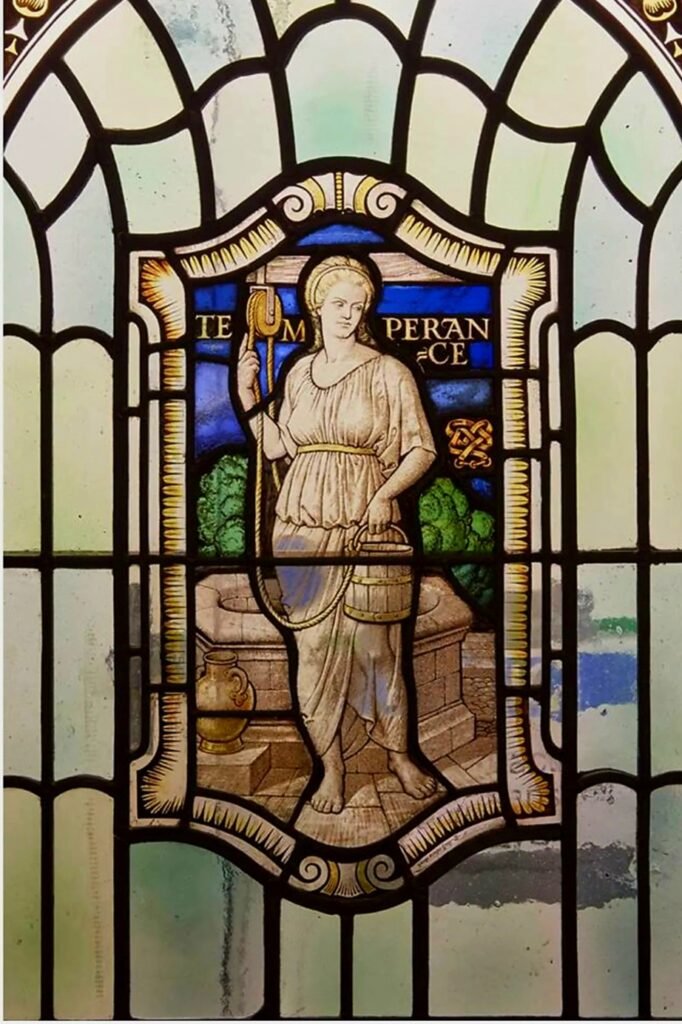
Temperance in its modern use is defined as moderation or voluntary self-restraint. It is typically described in terms of what a person voluntarily refrains from doing.
Letting Temperance to Chasen us, helps us practice self-control in our choices and gives us the ability to regulate our desires and appetites, and our use of created goods. It’s the ability to enjoy things in moderation, without becoming addicted or unhealthy.
Temperance is learned through practice and patience. It involves examining your conscience and making sacrifices. Setting limits on things like TV, phone, and internet use, and involves making wise purchases and avoiding impulse buying.
The Masonic definition of Temperance may be stated simply, as follows: ‘Temperance is that due restraint upon our affections and passions which renders the body tame and governable, and frees the mind from the allurements of vice’. Every Mason is then told that…Temperance
should be a constant practice and avoid excess in all things such as contracting any vicious or licentious habits, the indulgence of which might lead him to suffer or to lose his health, or cause him to lose his reputation.
As Masons, we must choose what is appropriate for us and act accordingly. You must always remember that your acts reflect upon yourself, your Brothers, your Lodge, and the Craft. Thus temperance must become a habit of the first degree and you must exhibit rational restraint.
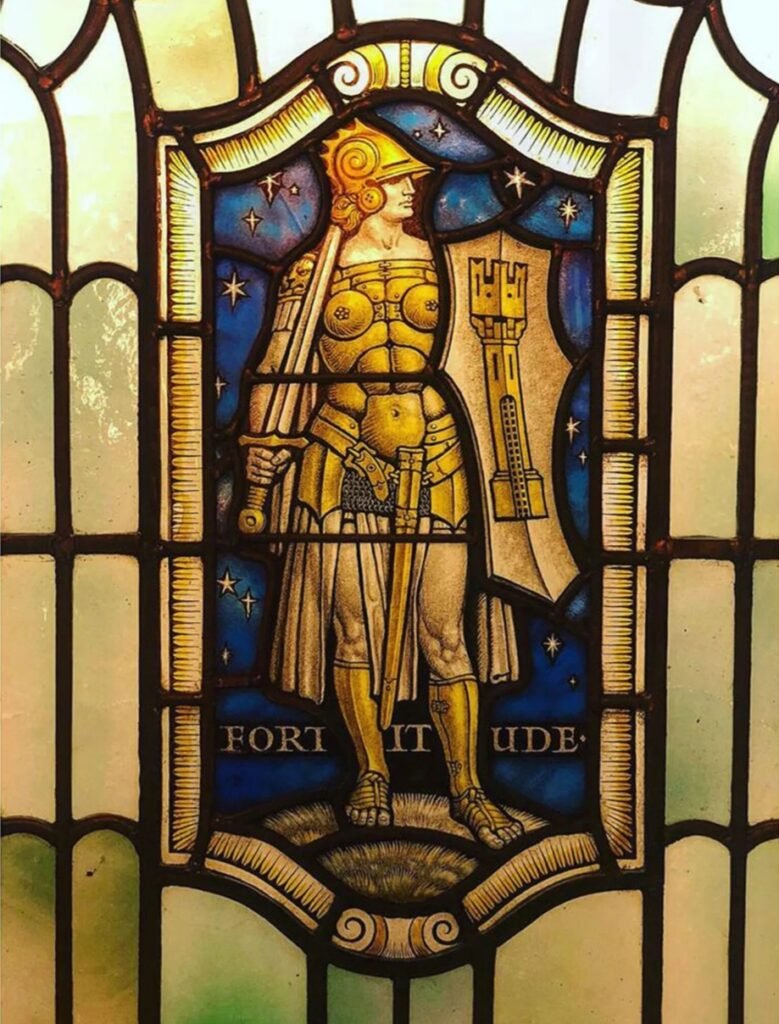
Fortitude is a virtue that involves having the mental strength to overcome fear and obstacles in order to pursue what is good. It is also known as courage.
Having Fortitude to support us, helps us to have the courage to face challenges. It gives us the ability and strength to endure hardship and overcome fear of bodily harm, or fatigue to fulfil our duty. To give us the strength to stand firm on our values, moral principles, and convictions, and the strength to resist temptations and overcome obstacles in our moral life. Having the strength to face trials, persecution, and other challenges.
To practice fortitude you must Cultivate a growth mindset. Develop emotional regulation skills. Set realistic goals, Strengthen your support system, Practice self-compassion, Step out of your comfort zone, and Develop a daily routine.
In The Republic, Plato describes courage as a sort of perseverance – “preservation of the belief that has been inculcated by the law through education about what things and sorts of things are to be feared”. Plato explains this perseverance as being able to persevere through all emotions, like suffering, pleasure, and fear.
As a desirable quality, courage is discussed broadly by Aristotle in the context of soldiers in battle for a noble cause. In Nicomachean Ethics, where its absence is the vice of cowardice and its excess the vice of recklessness, courage represents the mean between the two extremes.
Thucydides, a 5th-century BCE Greek historian, wrote, “The bravest are surely those who have the clearest vision of what is before them, glory and danger alike, and yet notwithstanding, go out to meet it.”
In De Officiis Ministrorum, Ambrose echoes Cicero in holding reservations regarding those who exhibit courage without yet having demonstrated a general moral balance. Ambrose held that fortitude without justice occasions injustice, since the stronger a man is the more ready to oppress the weaker.
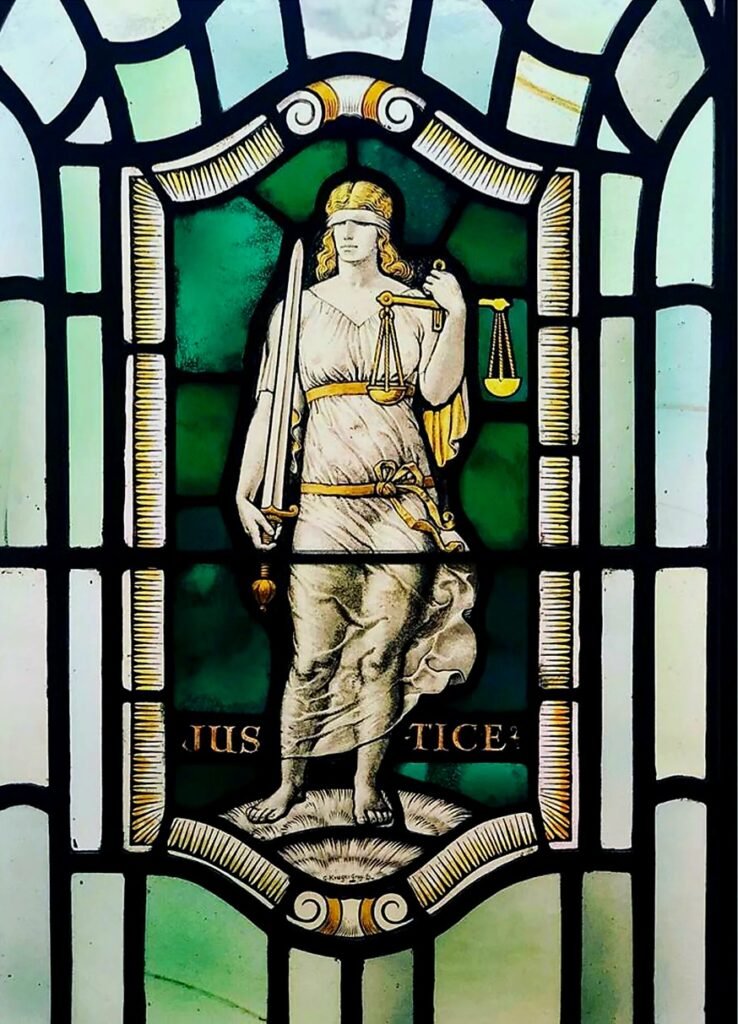
Justice is a virtue that involves treating others fairly with respect and fulfilling one’s obligations. In Christianity “The just man”, often mentioned in scriptures, is distinguished by habitual right thinking and the uprightness of his conduct toward his neighbour. Justice is a quality or habit which perfects the will and inclines it to render to each and to all what belongs to them. The object of the virtue of justice is the other person’s rights, whether natural or bestowed by church or state. Justice requires that all persons should be left in the free enjoyment of all their rights. The rights which belong to every human being are absolute and inalienable.
Justice being the guide of all our actions, helps us to see what is fair and reasonable and gives us the ability to perform our duties towards our God, our neighbour, and society while connected to the idea of rights.
Justice manifests itself in everyday life by helping us to fulfil obligations, such as paying back a loan. Living a respectful life, acting in accordance with moral absolutes. Approving of just outcomes and behaviours, and disapproving of injustice and feeling the need to do something about it.
Justice is closely related to the practice of charity because it regulates relationships with others. It is a cardinal virtue because it regulates all such relationships. It is sometimes deemed the most important of the cardinal virtues. Different philosophies have discussed Justice in different ways. Aquinas: Justice is a virtue of character that’s part of the rational soul. Drydyk: Justice is a virtue of individuals that involves reducing inequalities. And Aristotle: Justice is what’s lawful and fair.
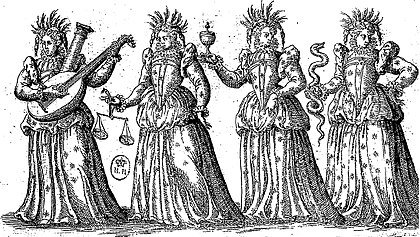
Virtue not only promotes the human person’s intellectual and moral capabilities but also civil responsibility. So, the need for virtue in society today is crucial to sustaining a thriving civilization.
In relation to the theological virtues, The “cardinal” virtues are not the same as the three theological virtues: Faith, Hope, and Charity (Love), named in 1 Corinthians 13. And now these three remain: faith, hope, and love. But the greatest of these is love.
Because of this reference, a group of seven virtues is sometimes listed by adding the four cardinal virtues (prudence, temperance, fortitude, justice) and three theological virtues (faith, hope, charity). While the first four date back to Greek philosophers and were applicable to all people seeking to live moral lives, the theological virtues appear to be specific to Christians as written by Paul in the New Testament.
On (Luke 15:22) the father commanded his penitent son to be clothed in ‘the first robe,’ which, according to Ambrose (Expos. in Luc. vii), is the ‘mantle of wisdom,’ from which all the virtues flow together, according to Wisdom 8:7: ‘She teacheth temperance, and prudence, and justice, and fortitude, which are such things as men can have nothing more profitable in life.’
What does it mean to be a good person? Answers to this question will vary from person to person and culture to culture. But most likely the answers will remain roughly the same: a good person is kind, brave, honest, wise, responsible. . . These answers implicitly buy into a specific moral philosophy, Virtue ethics and also leaves a place for rules, laws, consequences, and outcomes, and focuses mainly on the inner qualities of the individual.

After extensive reading about the virtues from many different sources, I was left wondering. Do we have to study the four cardinal virtues actively to become a good person? Or can they naturally appear within inherently good people? According to traditional philosophy and religious teachings, learning and actively practising the four cardinal virtues are considered a key component to becoming a good person, as they act as the foundation for a moral life and guide decision-making in various situations; therefore, understanding and incorporating them is seen as essential for ethical behaviour. But, can a naturally good person not just display signs and traits of the virtues? Of course! A person does not necessarily need to actively study the four cardinal virtues in detail to become a good person, many people naturally develop aspects of the virtues through life experiences and social interactions, even without formal knowledge of their philosophical roots. The true test of virtue lies in how you act in different situations, not just in knowing the definitions. While you may not need to study extensively, being aware of the cardinal virtues and reflecting on how to apply them in your life can be beneficial, and I intend to actively apply them to my own life much more.

I have enjoyed looking into the cardinal virtues, and after researching this topic and seeing another level of commitment that can be required to become a better version of myself, I am reminded of a statement or question that I have heard a few times over the last few years from fellow Masons, “it’s only a hobby”. Is Freemasonry just a hobby? This we will look into next time.
